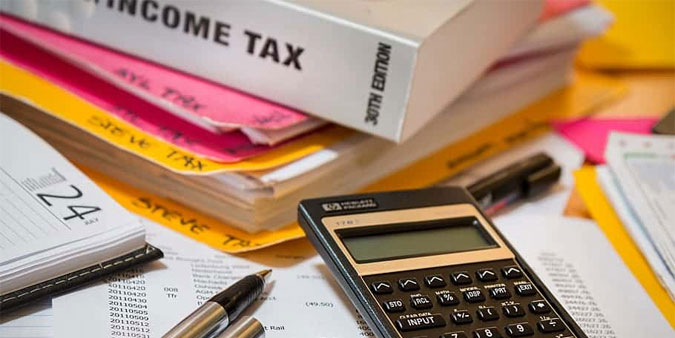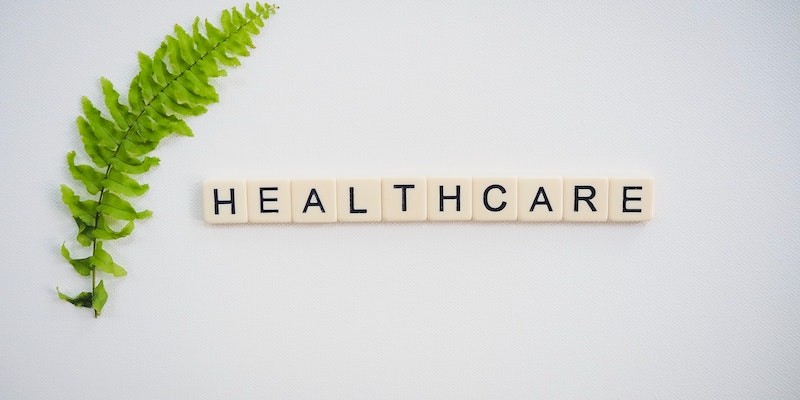As the nation's economic crisis deepens, more Americans are trying to learn how to manage their finances wisely.
On that list, setting up an emergency fund comes first. 22% of Americans saved at least $1,000 during the outbreak this summer, according to a recent MassMutual survey.
Even if having solid savings to rely on is necessary for a stable financial future, there is such a thing as having too much money saved.
Why putting money into savings every day is a bad idea
You could lose money if you hoard cash and let your savings account grow too big.
Over time, keeping your money in a savings account—even one with a high yield, like the Marcus by Goldman Sachs High Yield Online Savings—will stop you from getting a greater rate of return and seeing an actual increase in your assets, as you would if you made investments.
If you earn 1% in a high-yield savings account, but the average inflation rate is close to 3%, you are not keeping up with living expenses. Your money gradually depreciates and becomes less valuable.
50% of costs are fixed (unchanging).
It would be fantastic if you didn't have monthly expenses, but like the water, internet, car, mortgage, and rent payments, the power bill also needs to be paid. All you can do is pay these fees if you've established they are required after assessing how they fit into your budget. Your monthly budget's fixed expense share should be in the neighbourhood of 50%.
Personal Finances: 30%
This container is open to anything (within reason). You can choose to spend your money on wants rather than needs.
There are various ways to tackle this expense: you can eat at home, buy name-brand or generic food, or buy a cheap can of soup or a lot of organic ingredients and create your own. It's noteworthy that most budget planners include food in this category.
Financial goals: 20%
If you're not actively saving for the future, you're putting yourself in a terrible situation. If you have kids, think about starting a 529 plan in addition to an IRA, a 401(k), or another retirement plan, if you are able. Here should go the remaining 20% of your monthly income. This funding is essential to your future. Retirement accounts like IRAs and Roth IRAs can be opened at most brokerages. If you don't already have an emergency fund, most of this 20% should be utilised to build one. When calculating your take-home pay, which is your income after taxes, use the 50/30/20 rule's percentages.
Dave Ramsey has another approach to money management.

Dave Ramsey, a financial expert, offers a different viewpoint on how you should share your money. His advised allocations, expressed as a percentage of your take-home pay, were as follows:
Charitable contributions: 10%
Savings: 10%
Food: 10%–15%
5%–10% for services
25% of the population live there, 10%.
Medical/Health: 5%–10%
Security: 10% to 25%
Entertainment: 5%–10%
5%–10% of individual expenditures
Unconnected: 5%–10%
Concerning That Emergency Fund
After monthly living expenses and discretionary funds, your emergency fund should account for most of the cash in your bank account. The money for that fund should come from the portion of your budget set aside for savings, whether it's the 20% of 50/30/20 or Ramsey's 10%.
Since it usually takes eight months to find a job, personal finance guru Suze Orman advises creating an emergency fund that can last for that long.
Some propose three months, while others suggest doing nothing if you have good insurance, no debt, and a sizeable amount of money invested in liquid investments.
How much ought I to save in my savings account?
Your budget will depend on how much cash you should keep in a savings account. Savings accounts are intended for deposits rather than regular withdrawals. In reality, your monthly withdrawal limit from a savings account is frequently set at six. They provide you with a place to separate your money from your regular banking requirements, such as emergency savings, or meet a sizable savings goal like a fantasy vacation.
How much ought I to keep in my checking account?

Checking accounts are designed to handle various tasks, such as paying bills and withdrawing cash for daily expenses. You should have enough money in your checking account to pay your monthly expenses, allow withdrawals for extra charges, and avoid overdraft fees.




